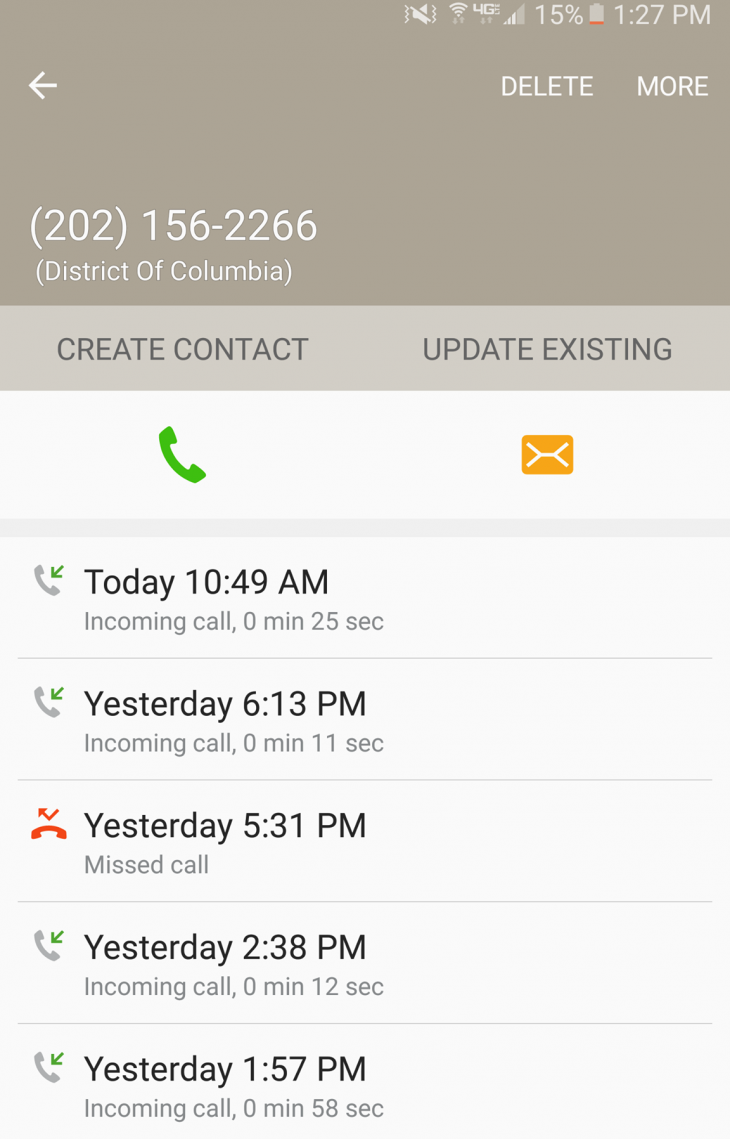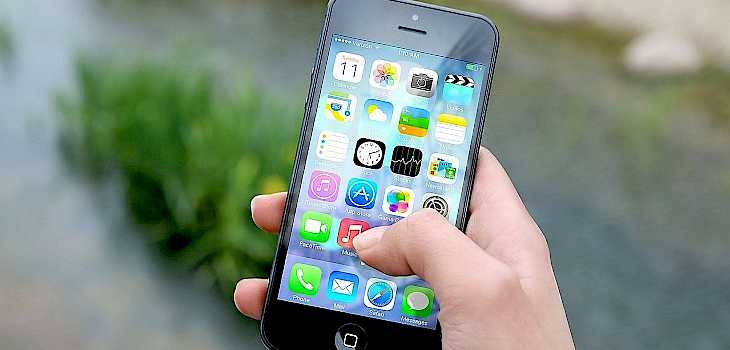Area resident Erin Black recently received several phone calls from individuals claiming to be with the Wisconsin Treasury Department offering her a “government grant” of $9,000 to be used for paying bills, paying off a car loan, starting a business, and/or for educational purposes, etc. The only stipulation was that she couldn’t use the funds for “illegal purposes” such as drugs, gambling, and alcohol.
"I wonder how many single mothers, actually fall for the scam, hoping maybe just maybe they could get a new vehicle or get the updates they needed for their home", said Erin to DrydenWire.com. "The calls started coming in and after I realized they were going to continue to call, I downloaded the call recording app and decided to get them on the record; I hope this helps raise awareness."
All Erin had to do was give her personal information, including her driver’s license number. Sound too good to be true? It is. Erin, aware she was being targeted with a scam for money and/or identity theft, recorded three of the calls she received and submitted them to DrydenWire.com. Take a listen, and beware.
This is the number that has been calling Erin's phone.

According to the Federal Trade Commission, here’s what you need to know to avoid a similar scam:
- Don’t give out your bank account information to anyone you don’t know
- Don’t pay any money for a “free” government grant
- Know that scammers can fake phone numbers to look like they’re calling from Washington, D.C.
If you have to pay money to claim a “free” government grant, it isn’t really free. A real government agency won’t ask you to pay a processing fee for a grant that you have already been awarded — or to pay for a list of grant-making institutions. The names of agencies and foundations that award grants are available for free at any public library or on the Internet. The only official access point for all federal grant-making agencies is grants.gov.
[Video by Holly S. Snyder]
Last Update: Mar 23, 2017 2:51 pm CDT

















